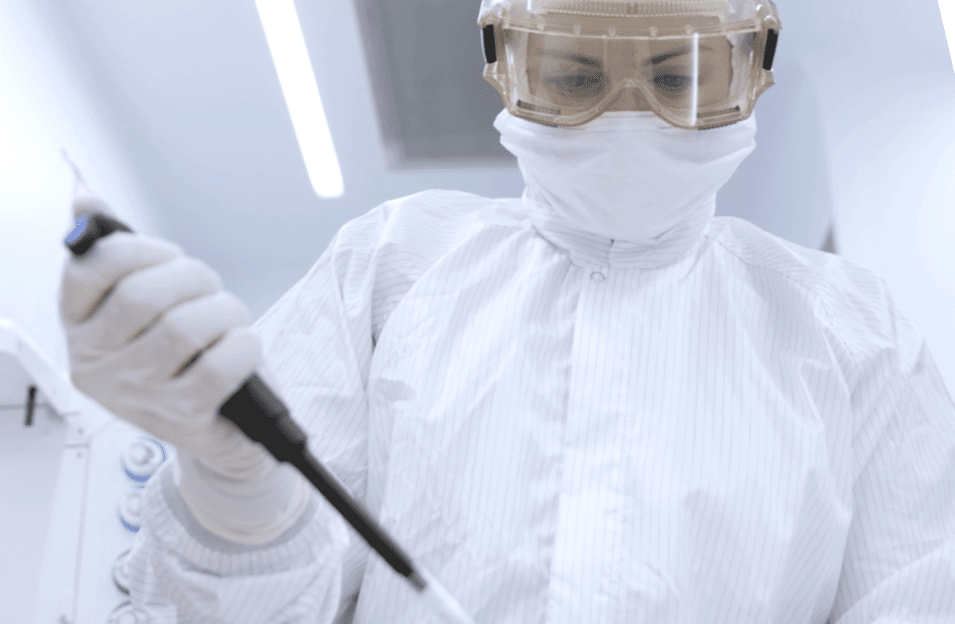Key research initiatives
Genetic modifications
IOV-4001 is our lead genetically modified TIL program. It uses the pioneering gene-editing TALEN® technology licensed from Cellectis to inactivate the gene coding for the programmed cell death protein-1 (PD-1), and develop next-generation therapies.
PD-1 is a checkpoint protein found on T cells that normally acts as an “off switch” to help to prevent T cells from attacking other cells in the body. It works by binding to PD-L1, a protein found on both normal and cancerous cells, thereby shutting down an attack by a T cell. By removal of this important barrier for T cells to attack cancer, IOV-4001 has the potential to become an optimized, next-generation TIL therapy for several solid tumor cancers.
We believe that IOV-4001 may provide important proof of concept for genetically modified TIL therapy incorporating the TALEN® technology.
Potency
Process optimization
New treatment regimens
New tumor types
This site may contain information on an investigational agent(s) or investigational uses of approved agent(s) that has not been reviewed or approved by the FDA or other regulatory authorities. Iovance does not endorse or recommend any unapproved use of its products. Please refer to product prescribing information, where available.


